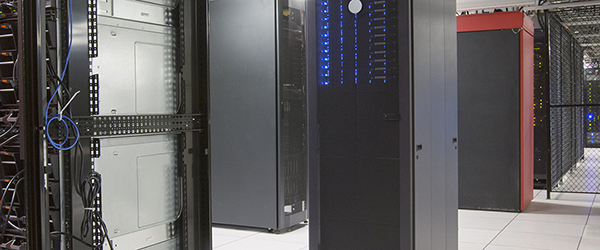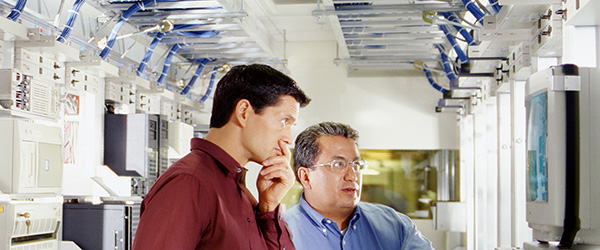
TCP Backlog capture is an effect that prevents a server application on the Stratus module listening on port X from successfully creating a connection with any client trying to connect to port X.

TCP Backlog capture is an effect that prevents a server application on the Stratus module listening on port X from successfully creating a connection with any client trying to connect to port X.

This talk will explain under what conditions it is safe to stop running the telnetd server and describe several approaches to prevent unwanted access to the module, via telnet, when it is not safe to just stop the telnetd server.

Starting with OpenVOS 17.1, STCP supports the time stamp, selective acknowledgment, and window scaling TCP options.

STCP has had duplicate IP address detection for quite some time but a change to how Microsoft Windows 2008 and 7 behave has added an interesting wrinkle.

I recently had a discussion with someone who had run afoul of their corporate firewall settings.

Don’t worry, despite the title I haven’t reverted to math nerd mode. The topic is not number theory but socket programming and a coding mistake that I have seen way too often.

There has been a fair amount of confusion over the difference between the host file and hosts (plural) file.

A lot of locations are mandating that you stop connecting to the system with Telnet, and use SSH instead.

The maintenance network is used by OpenVOS for monitoring several devices including the RAID and SAN disk arrays.

If you have ever tried to use POSIX-based programs to process VOS structured files, you may have encountered some restrictions or seen some behavior that you didn’t understand.